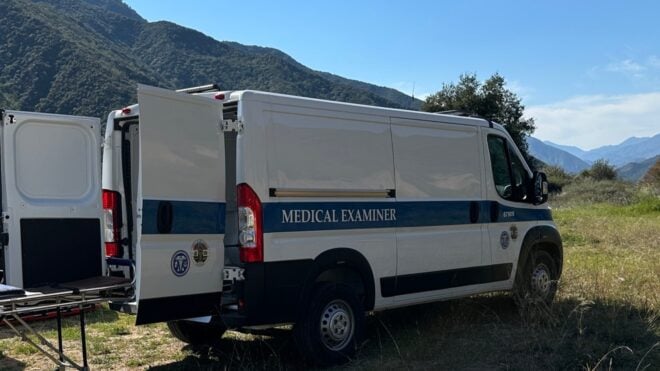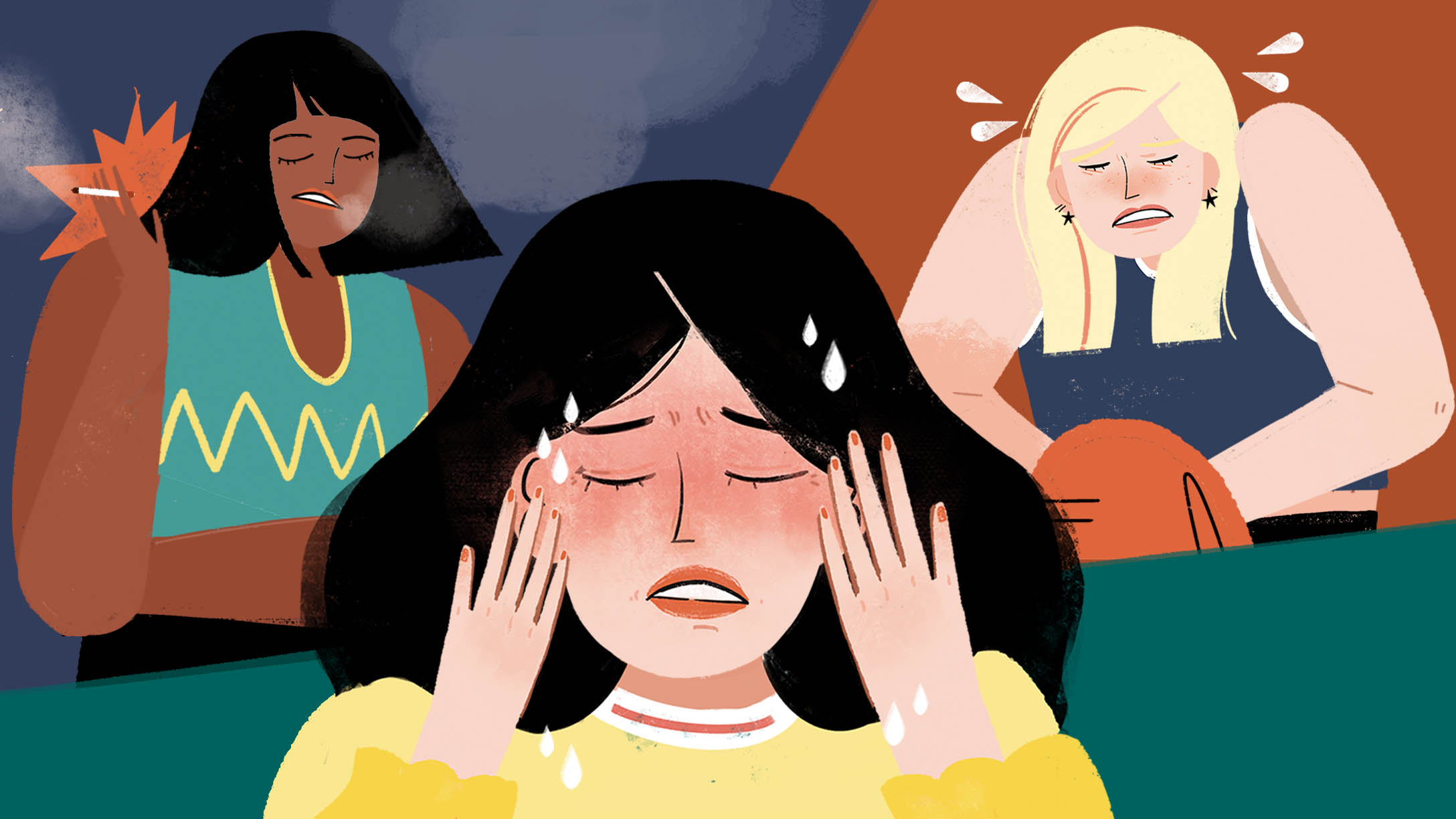
Everyone knows at least some of the classic symptoms of menopause: hot flashes and mood swings.
Most women go through menopause after age 45. According to the US Department of Health and Human Services' Office on Women's Health, 52 is the average age for menopause among women in the United States.
There are three stages of going through "the change" — perimenopause, menopause, and postmenopause.
Unfortunately, some people start menopause before middle age. Menopause that occurs between age 40 and age 45 is considered early, while menopause that occurs before age 40 is considered premature.
After going through menopause, women's bodies change and they are no longer able to become pregnant. Obviously, this means premature menopause can be absolutely devastating for women.
More from LittleThings: Hemorrhoids: 10 Things Every Woman Should Know About Those Painful Veins 'Down There'
Women who experience premature menopause may have more extreme physical and emotional symptoms than women who go through it later in life have.
Read below to find out more about what exactly premature menopause is and how to know if you're going through it.
What Is Menopause?
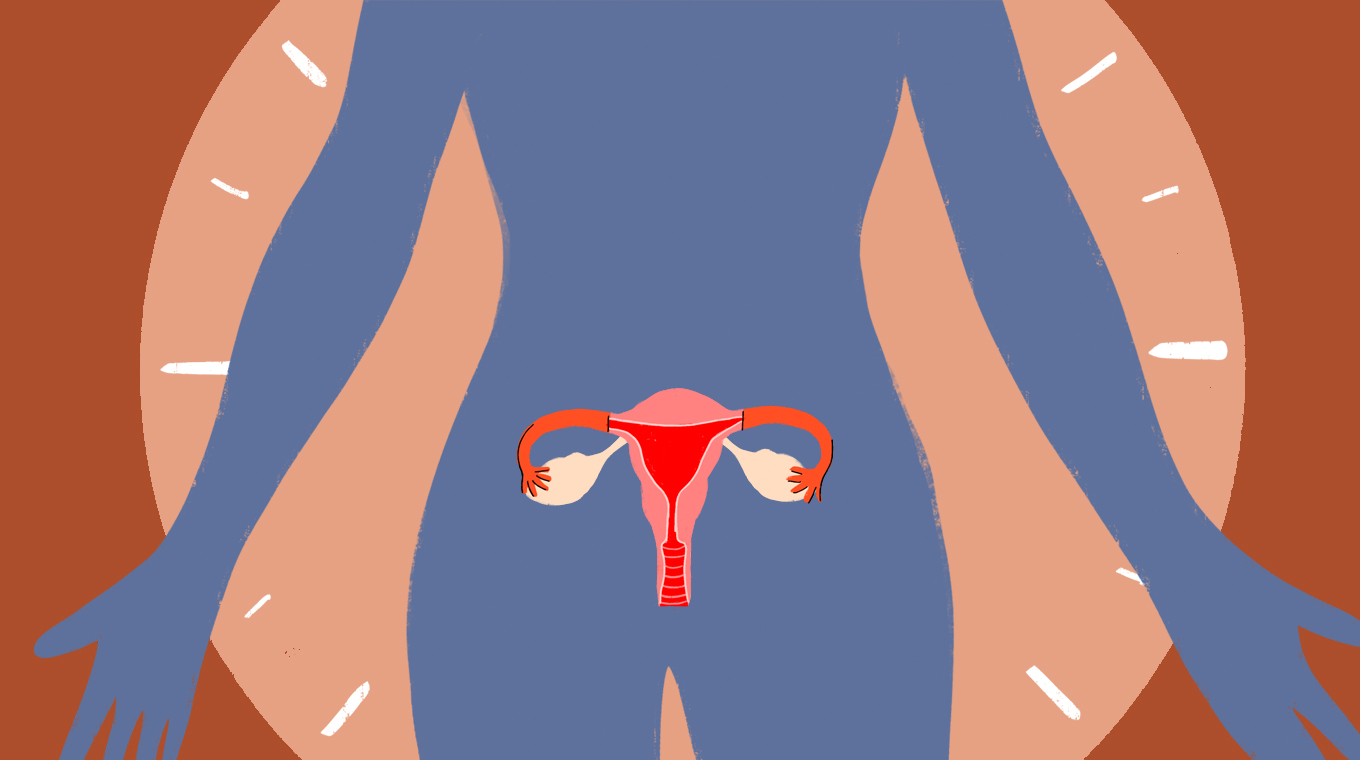
Menopause occurs when a woman's menstrual cycle naturally stops. It usually happens after age 45; the average age of menopause in the US is 52.
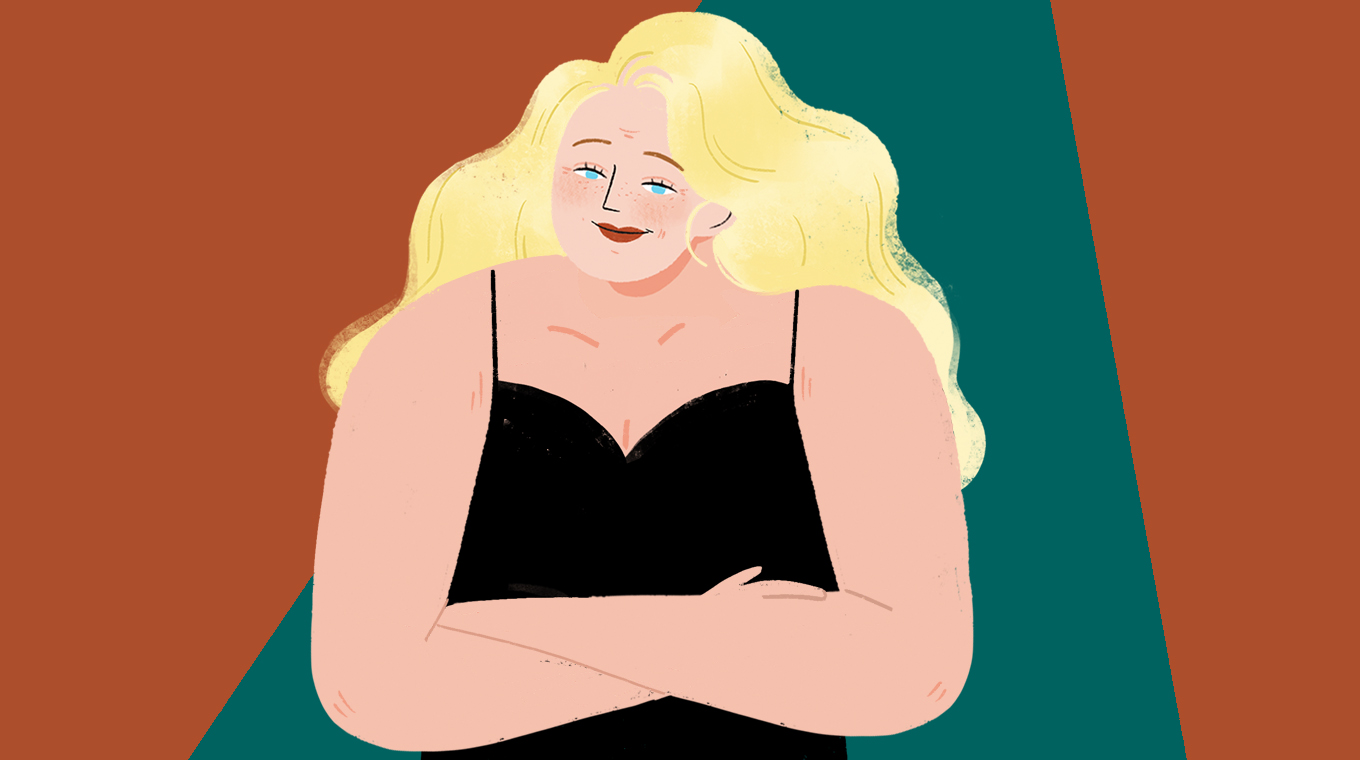
The US National Library of Medicine explains, "Menopause happens because the woman's ovaries stop producing the hormones estrogen and progesterone."
After menopause, women can no longer have children, because their ovaries stop producing eggs.
What Is Premature Menopause?

If menopause occurs before age 40, it's known as premature menopause.
According to a study published in the Annals of Medical and Health Sciences Research, "Premature menopause affects 1% of women under the age of 40 years."
Although premature menopause is similar to normal menopause, it may be more physically and emotionally challenging for women to deal with.
What Causes Premature Menopause?
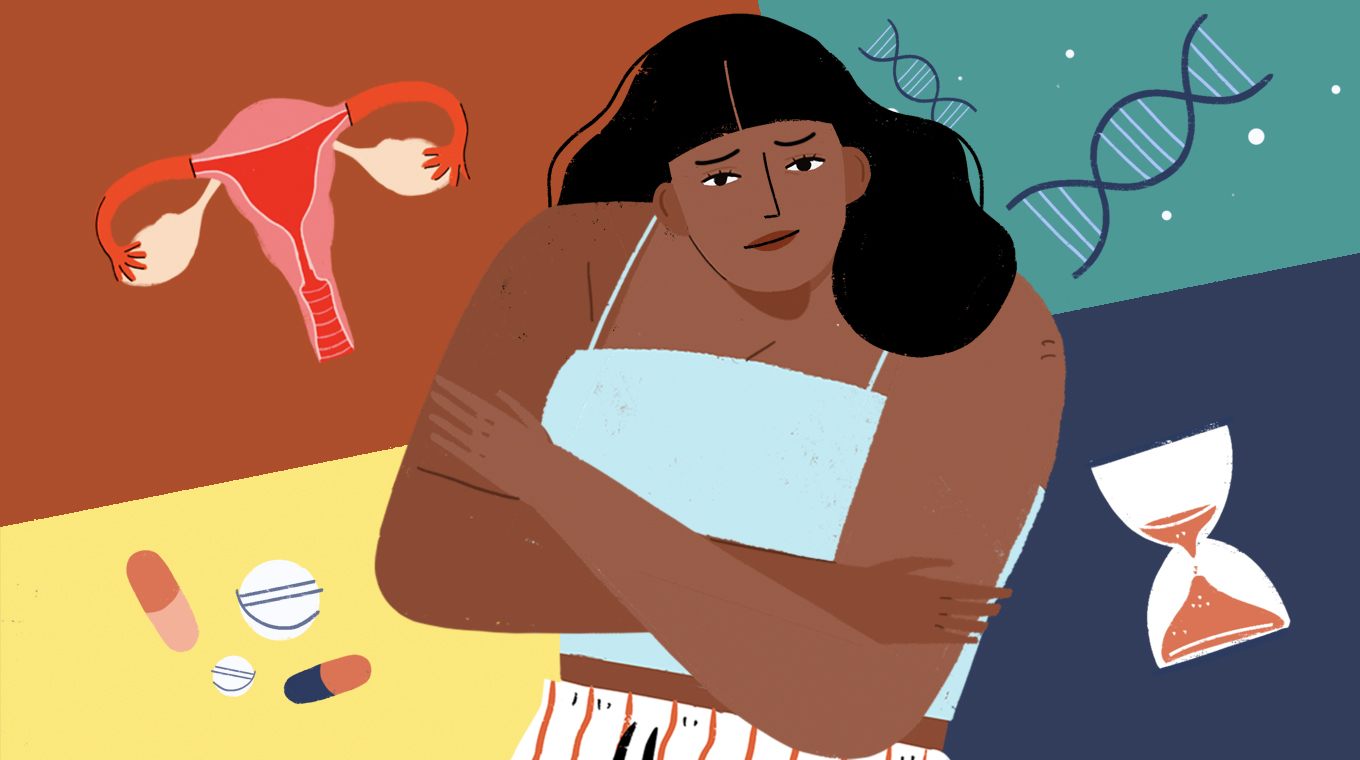
"Early or premature menopause can happen on its own for no clear reason, or it can happen because of certain surgeries, medicines, or health conditions," explains the Office on Women's Health.
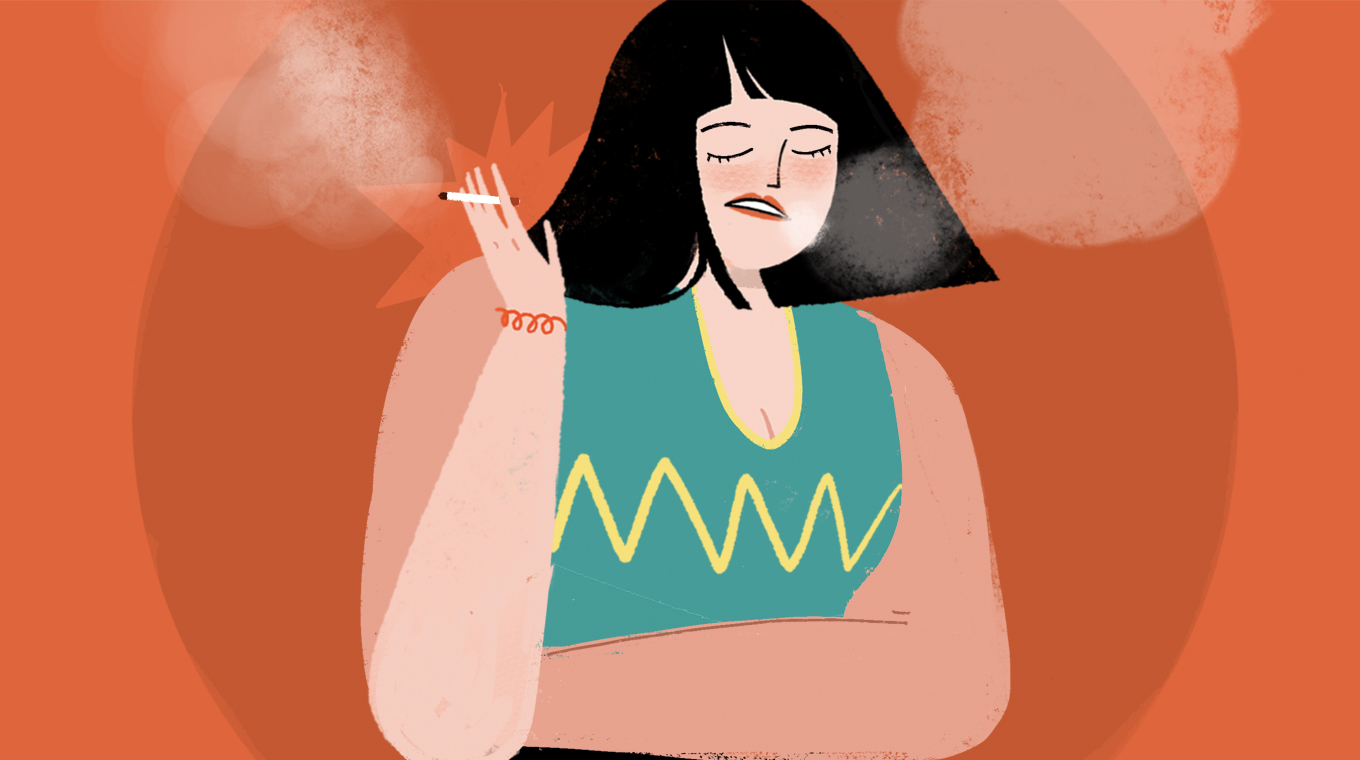
Risk factors for premature menopause include family history (genetics), cancer treatments, removal of the ovaries or uterus, smoking, and certain health conditions, like chronic fatigue syndrome, autoimmune diseases, and HIV/AIDS.
Symptoms Of Premature Menopause #1: Trouble Sleeping
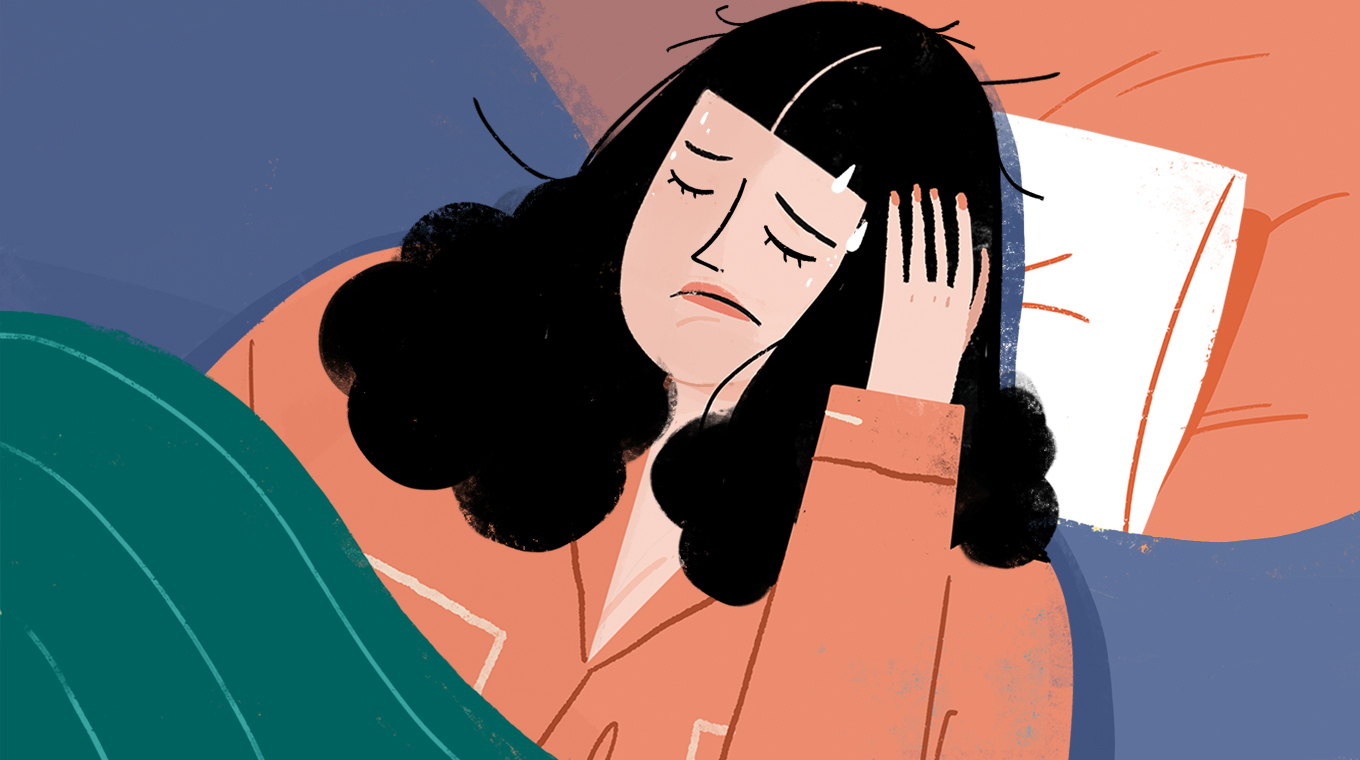
One symptom of premature menopause (that is also a symptom of regular menopause) is difficulty sleeping.
The Mayo Clinic explains that this may include disrupted sleep, sleeplessness, and night sweats.
If you're under age 40 and you have severe problems sleeping, bring it up with your doctor to see if there's an underlying cause.
#2: Sex Drive Changes
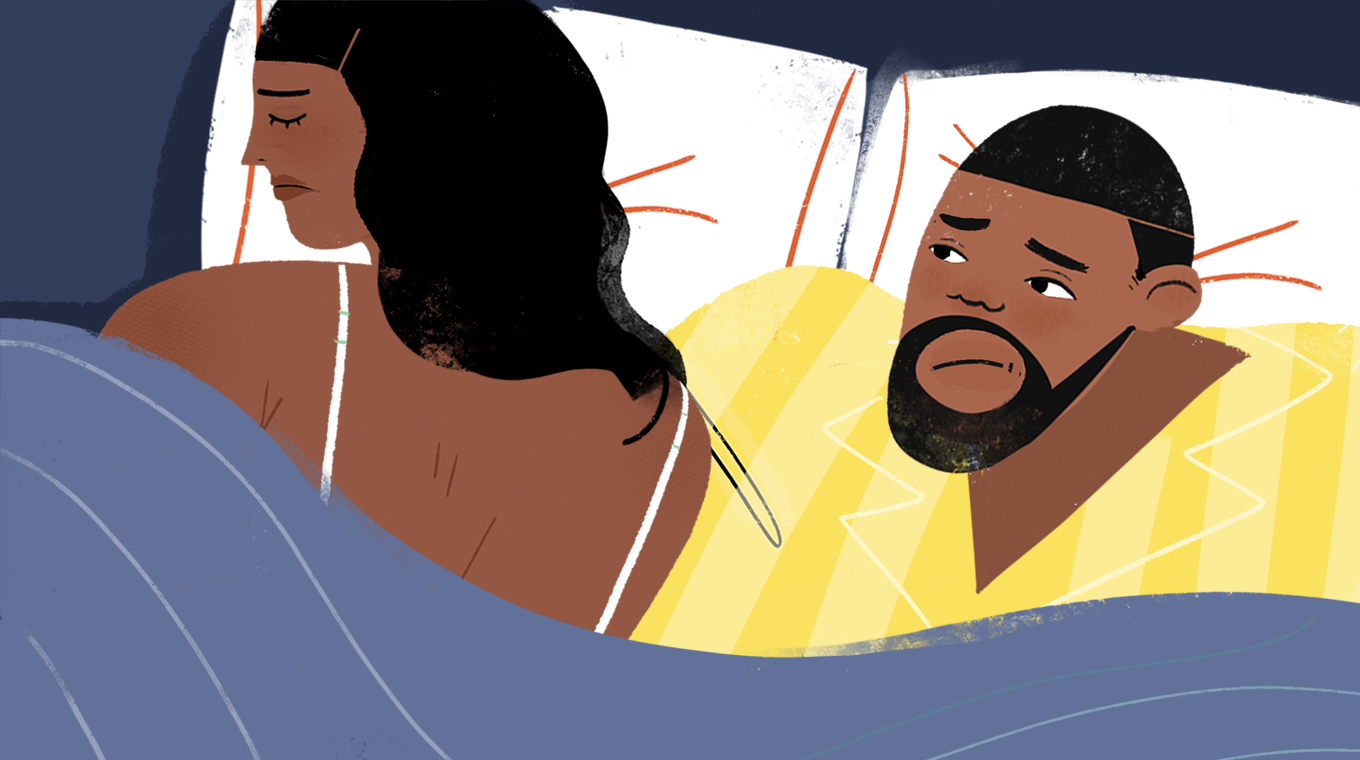
When a woman goes through menopause — whether it's before or in middle age — she may experience a loss of libido.
The Cleveland Clinic says:
The loss of estrogen following menopause can lead to changes in a woman’s sexual functioning. Menopausal women may notice that they are not as easily aroused, and may be less sensitive to touching and stroking, which can result in decreased interest in sex.
Many menopausal women experience emotional changes, and these may affect their interest in sex.
#3: Bladder Changes
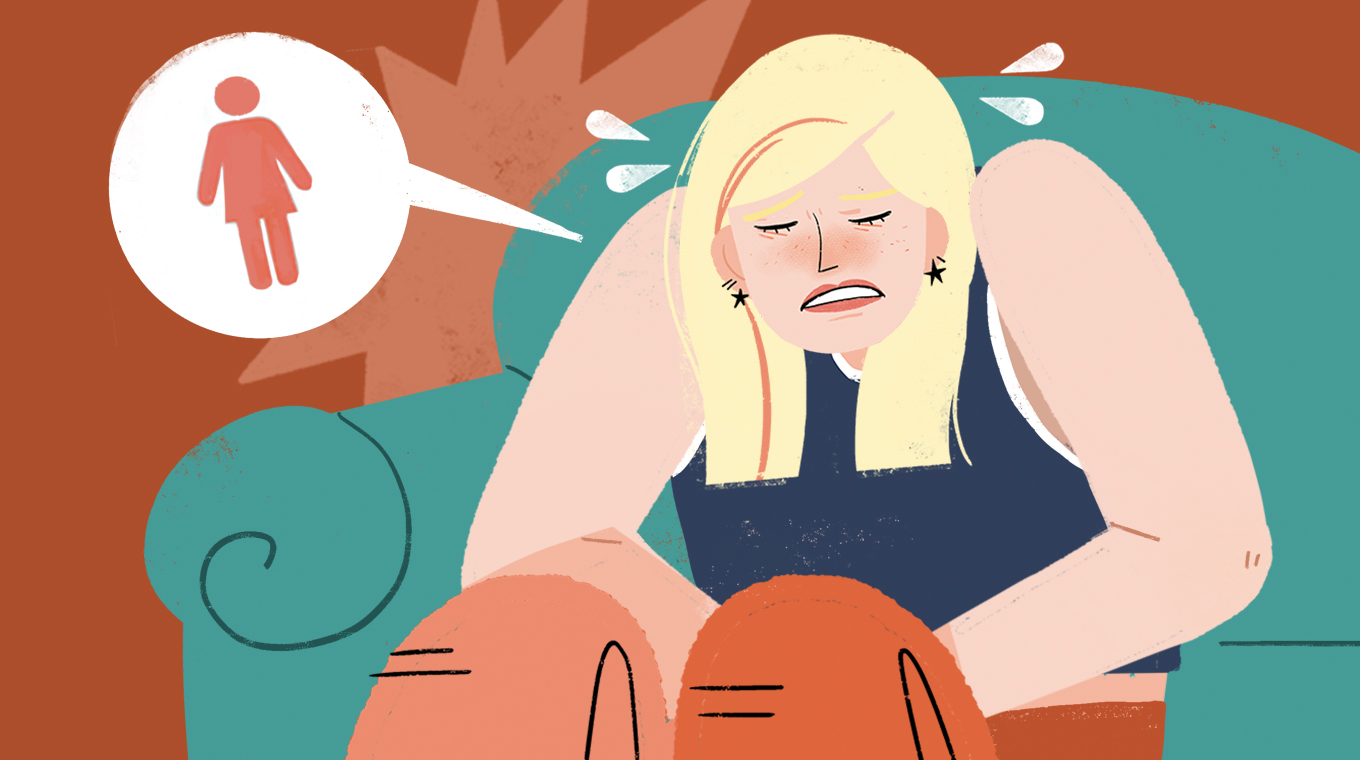
Another common symptom of premature menopause is a change in bladder control.
WebMD explains that some women going through premature menopause may start to lose bladder control and feel bladder irritability.
#4: Moodiness
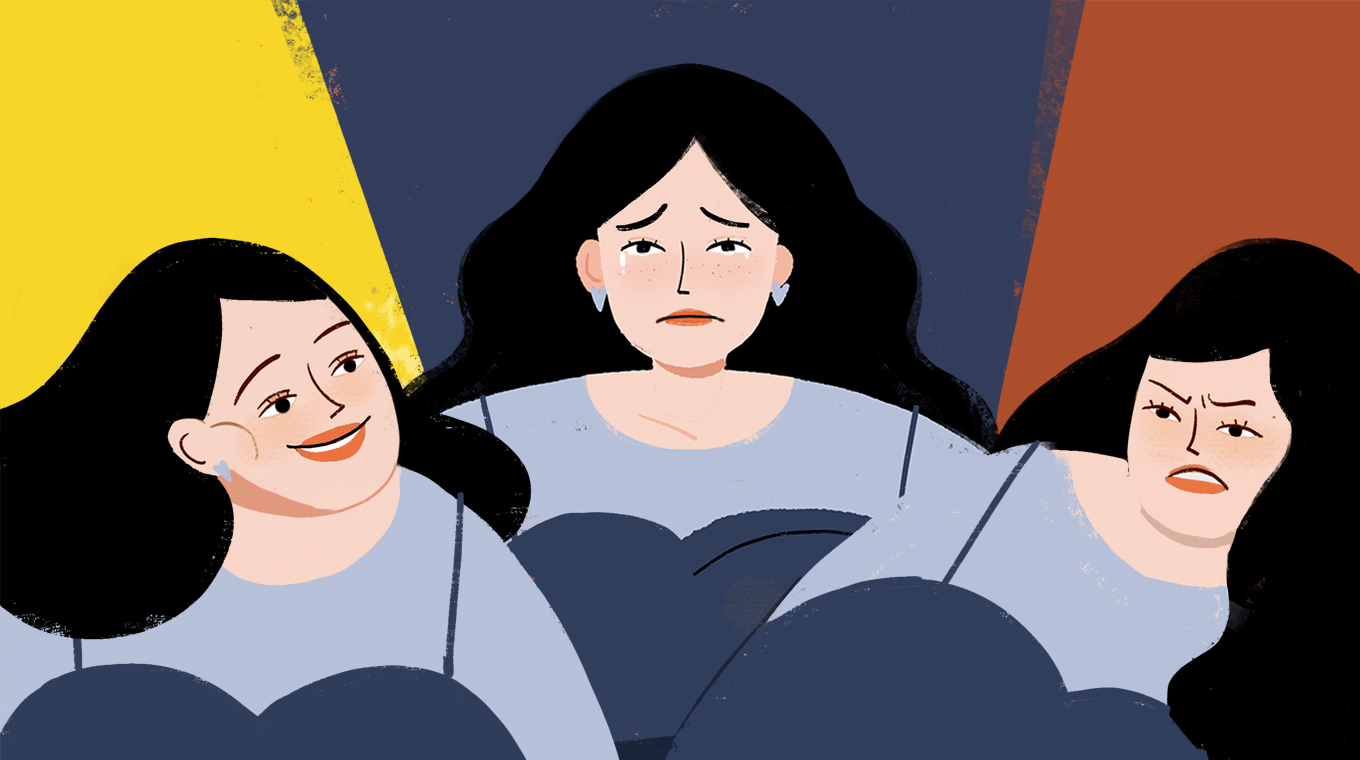
Mood swings are another well-known symptom of menopause, and they can be even more severe with premature menopause.
Many women experience emotional changes like irritability and mild depression, but some also struggle with more intense sadness and mental health issues.
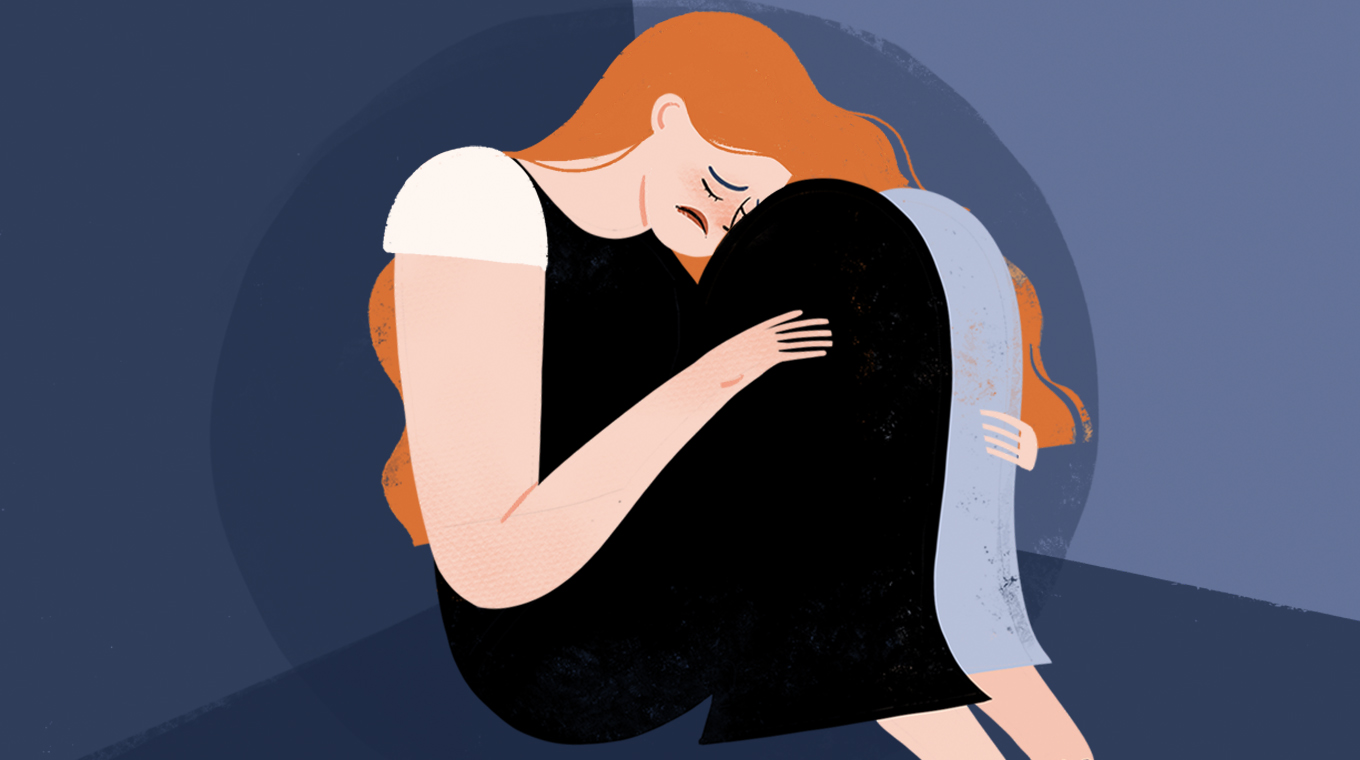
The Office on Women's Health says that some women feel more depression because of "the early loss of fertility or the change in their bodies."
#5: Irregular Periods
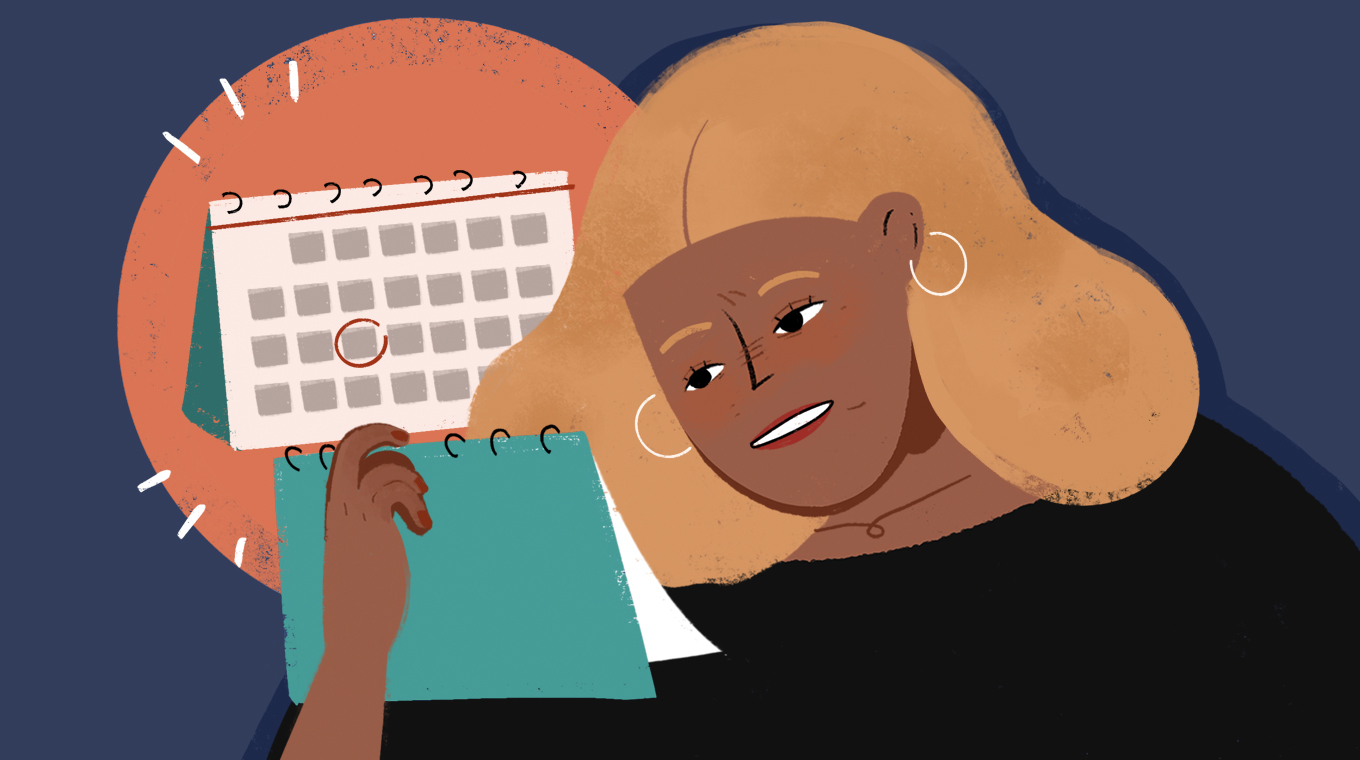
You may be starting perimenopause if you have irregular periods.
Often, women start skipping periods or having shorter cycles during perimenopause.
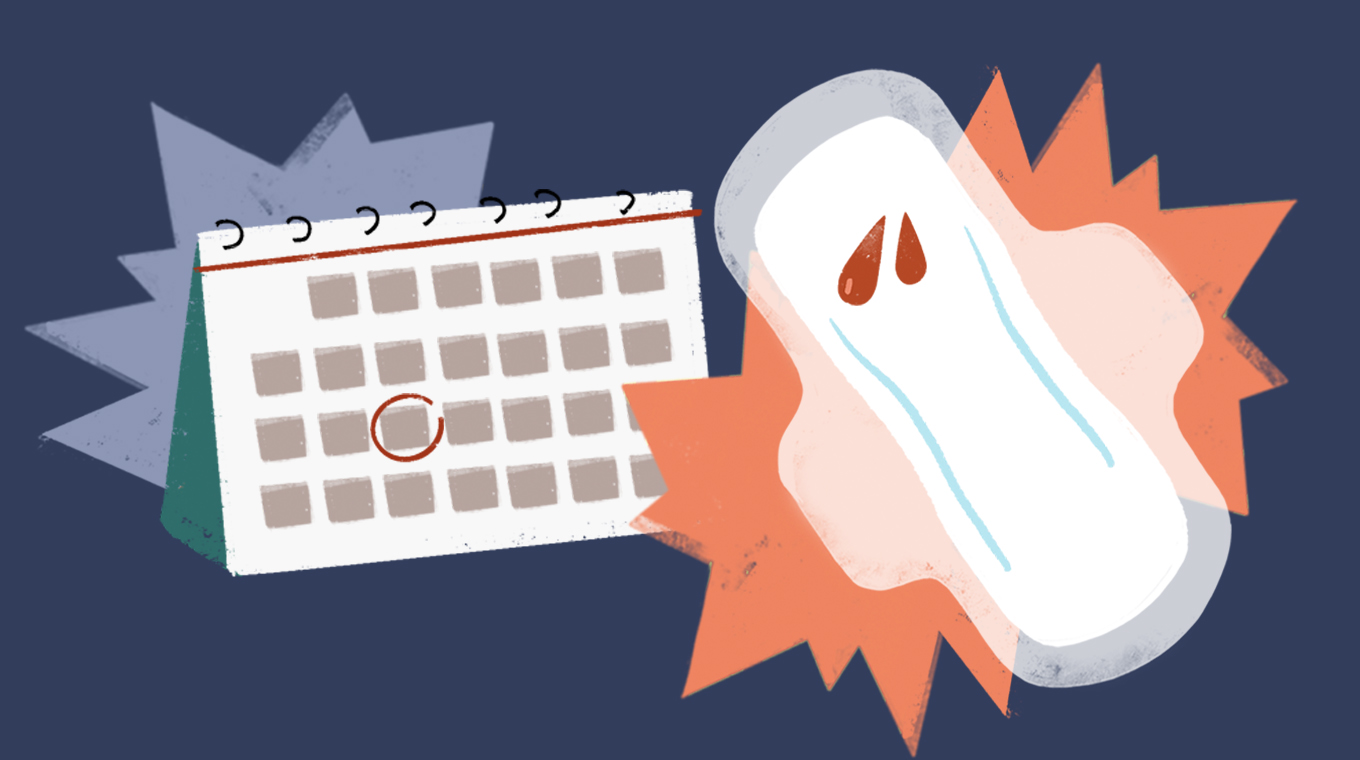
After not having a period for 12 months straight, you can be officially diagnosed with menopause.
#6: Hot Flashes
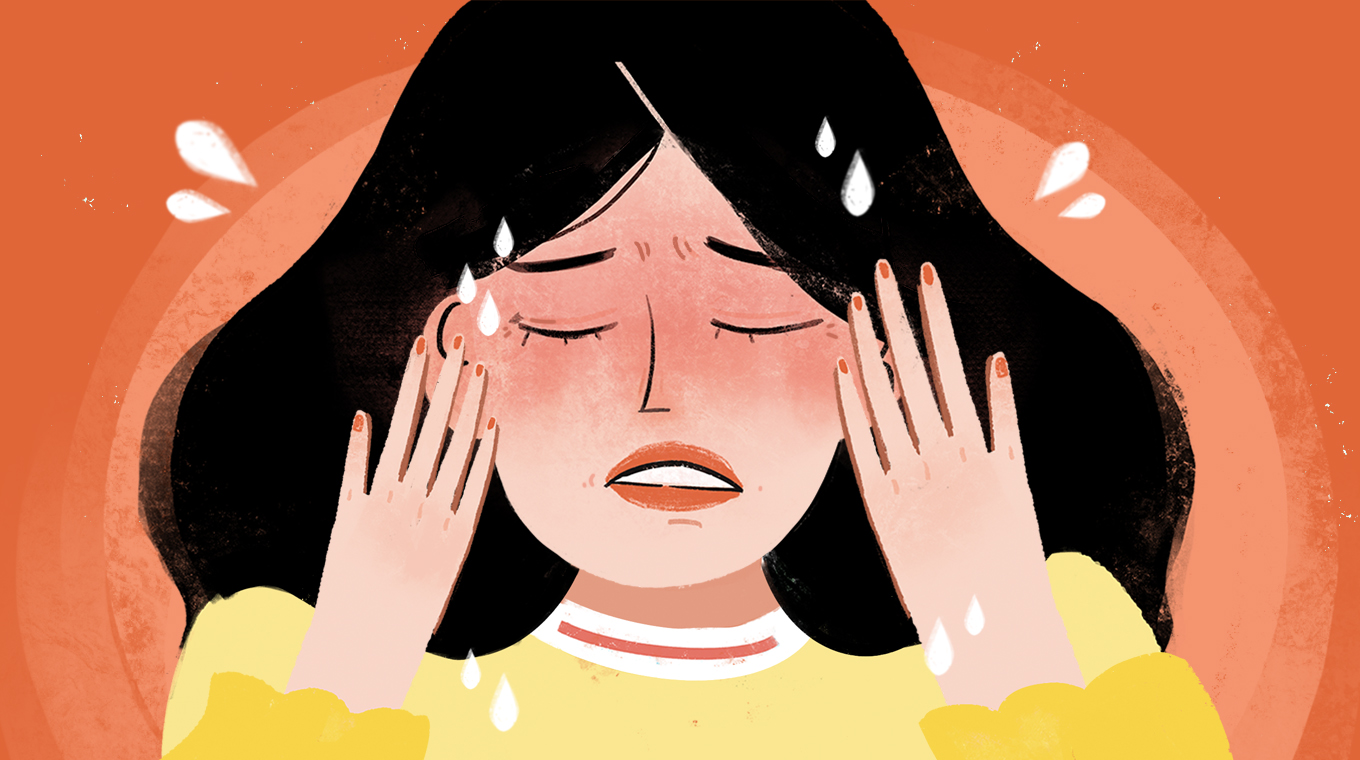
One of the most noticeable signs of menopause is hot flashes and chills.
If you start feeling unusually warm over the top half of your body, you're probably experiencing a hot flash.
If these and chills occur for no apparent reason (you're not sick, it's not hot out, etc.), it might be a sign of premature menopause.
What You Should Do
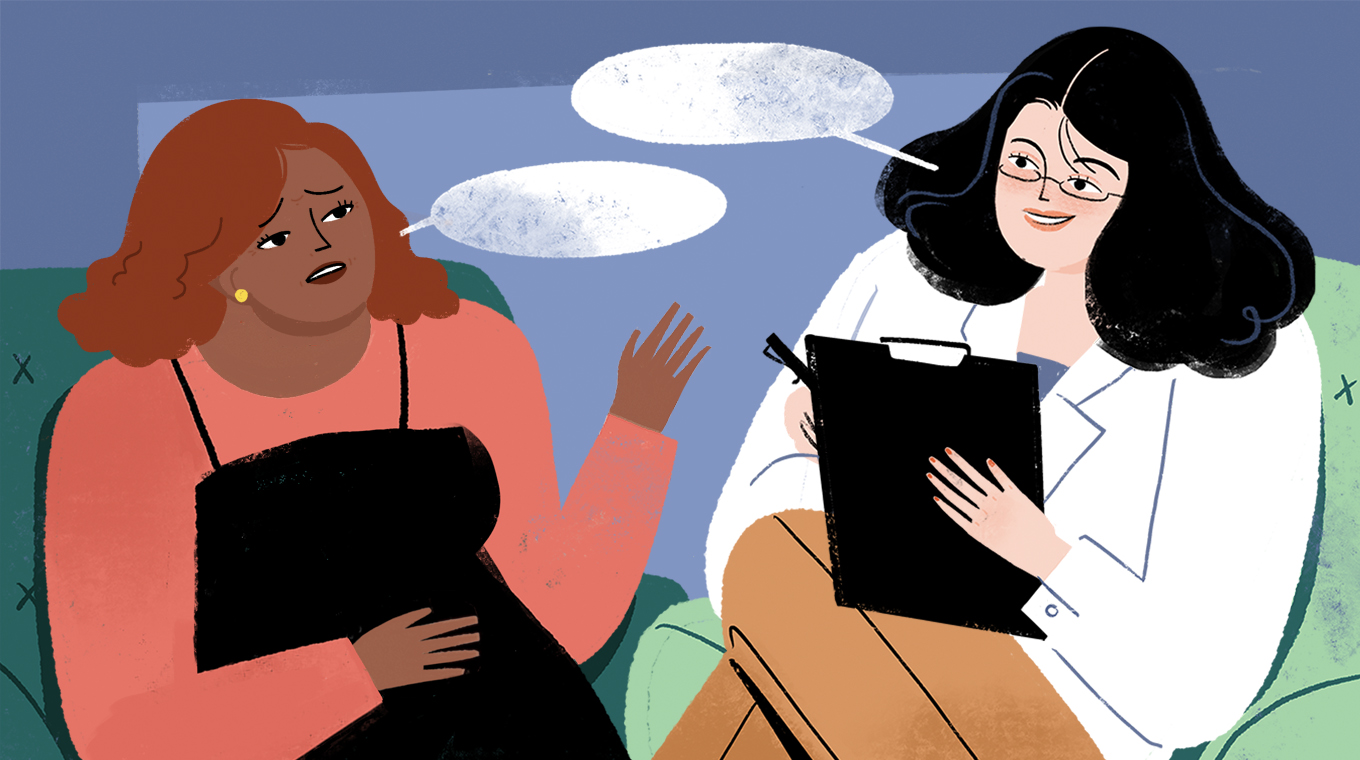
If you think you may be showing signs of premature menopause, make an appointment with your doctor. They will be able to test your hormone levels and give you a diagnosis.
Please SHARE this article with your friends to spread awareness about premature menopause!

